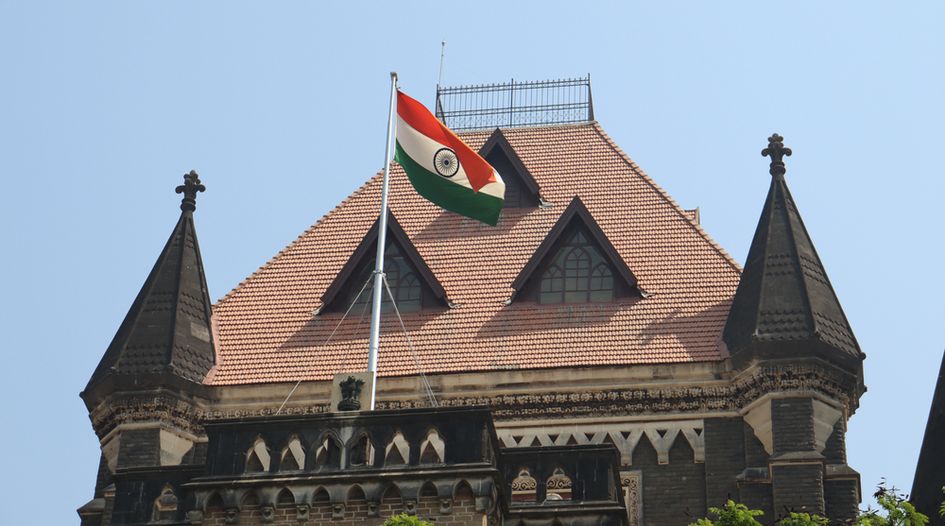Delhi High Court underscores importance of strict adherence to procedural rules in post-grant oppositions

In Akebia Therapeutics Inc v Controller General of Patents, Design, Trademark And Geographical Indications (WP(C)-IPD 32/2023), the Delhi High Court has highlighted the importance of compliance with procedural requirements, particularly with regard to filing evidence in the form of affidavits during post-grant proceedings. While a patentee filing evidence under Rule 58 of the Patent Rules 2003 may not be strictly in response to an opponent’s evidence filed under Rule 57, Rule 59 does not permit the filing of a ‘rejoinder’ by a post-grant opponent – it only permits the latter to file evidence in response that is strictly confined to matters included in the patentee’s evidence.
The Indian Patent Office granted a patent for Akebia Therapeutics for the invention HIF-1α prolyl hydroxylase inhibitor compounds. Subsequently, the opponent filed a post-grant opposition statement against this patent without any accompanying evidence in the form of an affidavit.
Rule 57 of the Patent Rules mandates that a written statement of opposition and evidence is filed along with an opposition notice. Rule 58 then requires that the patentee file a reply statement and evidence, if any. Akebia contended that since the opponent failed to file evidence along with its post-grant opposition, Akebia did not file any evidence along with its reply statement, either.
Subsequently, the opponent filed a rejoinder to Akebia’s reply statement, along with an affidavit as evidence under Rule 59. However, Rule 59 mandates filing evidence in response, strictly confined to matters included in the patentee’s evidence. Having missed the opportunity to file evidence in the form of an affidavit along with its opposition notice, the opponent filed this evidence when filing the rejoinder, which is not permissible under law.
Aggrieved, Akebia filed a Miscellaneous Petition 1 – objecting to the filing of the rejoinder and the affidavit – and a Miscellaneous Petition 2, to file further evidence under Rule 60.
The Opposition Board, however, rejected the first petition and its recommendations led Akebia to file an appeal before the Delhi High Court.
The court’s observations
The court emphasised the importance of strict adherence to the Patent Act and its accompanying Rules. It discussed various statutory provisions that deal with post-grant opposition proceedings:
- Rule 57 – relying on this provision and Section 79 of the act, the court held that documents filed by the opponent without a supporting affidavit do not constitute evidence. Accordingly, the Opposition Board should not have taken the opponent’s documents into consideration.
- Rule 58 – the court noted that since the opponent did not file any evidence under Rule 57, Akebia was also denied the opportunity of filing evidence in reply under Rule 58.
- Rule 59 – according to the court, Rule 59 does not envisage or permit filing of any rejoinder by post-grant opponents. It only permits the opponent to file evidence in strict response to matters in the patentee’s evidence. In this case, the rejoinder affidavit would have to be struck off the record.
Relying on the precedent set by the Indian Supreme Court in Cipla Ltd v Union of India, the court underscored the great persuasive value and relevance of the Opposition Board’s recommendations. It also noted that adhering to procedural rules is essential to ensure that an equitable and unbiased decision is granted in favour of all parties involved in opposition proceedings.
Ultimately, the court quashed and set aside the Opposition Board’s recommendations and subsequently permitted the opponent’s documents to be treated as evidence, based on an affidavit submitted later. The court also stated that any additional evidence filed by Akebia should be taken into consideration under Rule 58. Thus, the matter was remanded back to the Opposition Board for fresh consideration.
This judgment delves into the intricacies associated with formal/procedural requirements connected with post-grant oppositions and underscores how crucial it is to follow these strictly.
IAM recommends
India: Key SEP and Antitrust Challenges Demonstrate Judicial Desire to Strengthen Patent Regime
USPTO director takes greater control of agency’s post-grant proceedings
IP holders welcome proposed Indian patent rules amendments
This is an Insight article, written by a selected partner as part of IAM's co-published content. Read more on Insight
Copyright © Law Business ResearchCompany Number: 03281866 VAT: GB 160 7529 10

